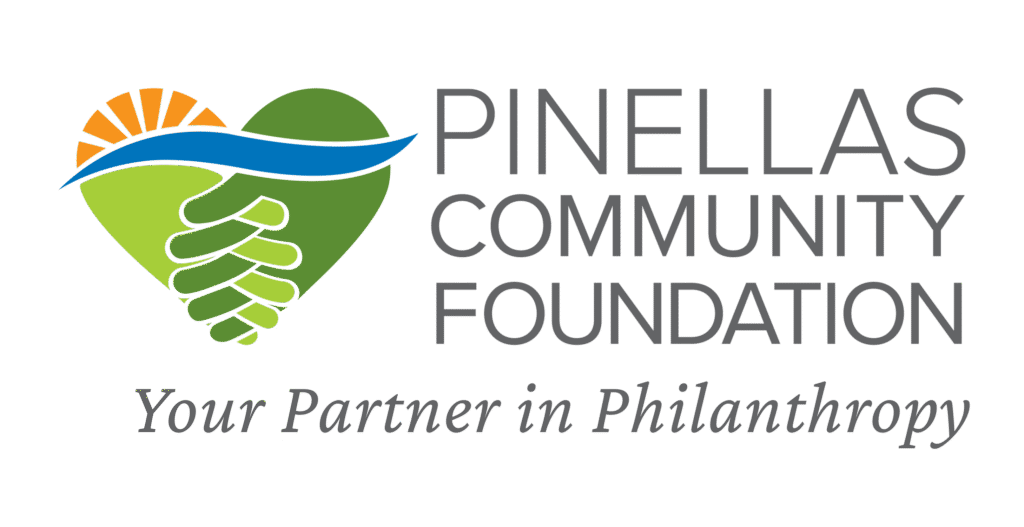Dear Citizens of St. Petersburg:
Over the last 16 months, our community has struggled to move through and beyond the COVID-19 pandemic. A bright light during this time has been the combined efforts of the nonprofit sector, volunteers, business, and government to support our community through this once-in-a-generation event. Pinellas Community Foundation (PCF) has proudly supported St. Petersburg nonprofit organizations with more than $12 million in grants during this time and has redoubled its commitment to this community by becoming a tenant at The Factory in South St. Petersburg.
Throughout our community support efforts, we have affirmed that successful community support work must be community-driven, community-based, and accessible to all. This accessible and community-centered approach drives greater equity, especially for our most vulnerable citizens when considering race and socioeconomic status. Contrary to some beliefs, this focus on equity has not led to the exclusion of some for the benefit of others. Instead, it has created a larger table from which we can develop more sustainable solutions to our community’s challenges.
Driven by the economic inequities exacerbated by the pandemic, community leaders have been working to craft a Community Benefits Agreement (CBA) Policy for the City of St. Petersburg. In short, CBAs are agreements between developers and the community that clearly define the communal economic benefits from new development. Community leaders have used this time to refine a CBA policy designed to positively impact business and workforce equity, sustainability and resiliency, and community-defined priorities in arts, education, health, and technology.
How Could the Proposed CBA Policy Benefit St. Petersburg?
- It ensures that public-private partnership development projects have demonstrable community benefits.
- It brings greater transparency to the community impact of development when tax dollars or tax incentives are offered.
- It provides for substantial citizen involvement working with developers in determining the most impactful community benefits from a project.
- CBA Advisory Committee partnerships could provide a platform for long-term relationships with developers sustaining their engagement beyond the requirements of the CBA.
How Could the CBA Policy Go Awry?
- Developers may see the CBA process as “must do” instead of “should do” and may not fully commit time and energy to maximizing the benefits for all.
- Citizen appointment to the CBA Advisory Committee is determined by the Mayor and City Council and risks becoming politicized.
- Citizen involvement is only one part of crafting a CBA and lackluster participation by City Council and city staff could diminish the value of the process.
The St. Petersburg City Council will be holding a public hearing on Thursday to determine whether to adopt a CBA Policy. We have provided our analysis of this CBA Policy in an effort to be informative in a non-partisan and non-directive way. As with all policies that affect the community, we urge citizens to exercise their right to study and provide input.
Sincerely,

Duggan Cooley
CEO, Pinellas Community Foundation



